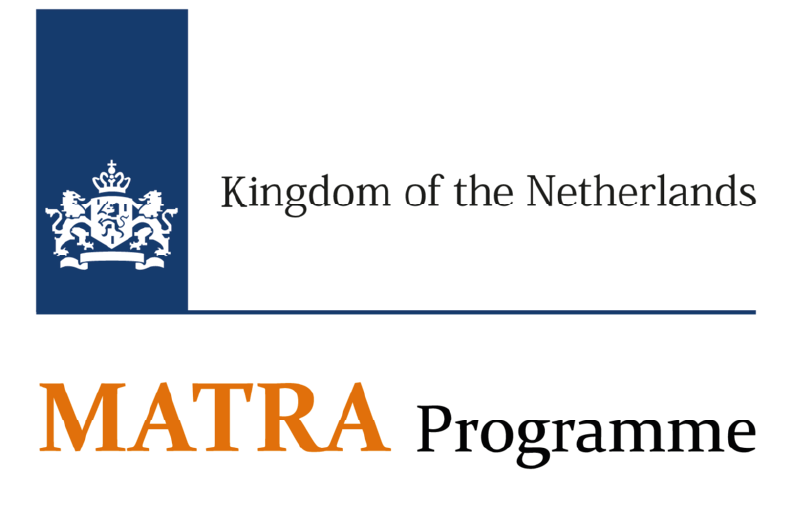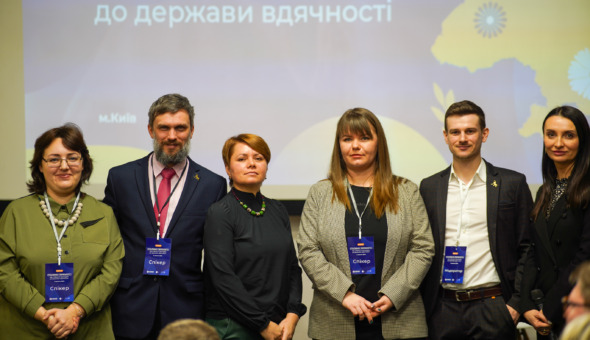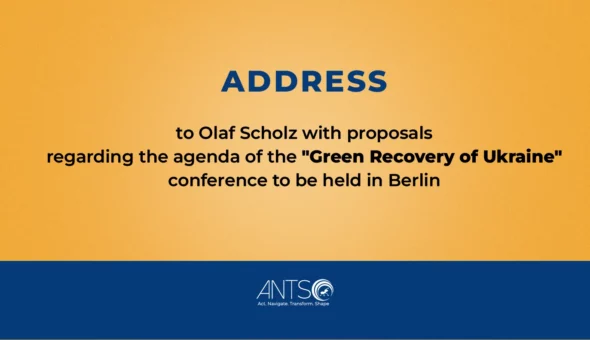
On October 17, 2023, the European Parliament approved the Ukraine Facility Program (hereinafter referred to as the Program), under which Ukraine can receive up to 50 billion euros from the EU over the next 4 years. This is an interim decision and there will be several procedural steps, in particular, the Program must be supported by a Plan prepared by the Government of Ukraine in consultation with representatives of civil society organizations, approved by the Verkhovna Rada and approved by the EU.
First of all, it is worth recalling that the Ukraine Facility is intended to provide short- and medium-term financing for Ukraine’s recovery and reconstruction needs over the period 2024–2027, but all activities should promote gradual alignment with the rules, standards, policies and practices of the European Union (the “acquis”) in view of future EU membership and contribute to social, economic and environmental sustainability and progressive integration into the European Union.
Unfortunately, the list of civil society organizations involved in the development is not known, nor has the draft Plan itself been made public. This was discussed in the previous article, but now, thanks to the transparency of the processes and decisions of the EU institutions, we have the following requirement approved by the European Parliament:
“In preparing and implementing the Plan, Ukraine should take special account of the situation in the regions and municipalities of Ukraine, taking into account their special needs for recovery and reconstruction, reform, modernization and decentralization, and this should be done through meaningful and non-discriminatory consultations with regional, local, municipal and other public authorities and civil society organizations and experts, in accordance with the principle of multi-level governance and taking into account the bottom-up approach… The section of the Plan should describe how the relevant stakeholders were consulted without bias and in sufficient time, where their contributions were reflected in the Plan and where they were ignored, and the appendix should detail their proposals.”
Despite the fact that the approved document discussed in this article is quite a framework, the requirement for transparent and informal consultations with civil society, in particular, is very categorical and unambiguous. We hope that, despite the creativity of the authors of the Plan, they will not be able to circumvent this requirement. As well as all other provisions of this decision.
To start with, the European Parliament recognizes that Ukraine will need comprehensive support to “build back better than before” by rebuilding for the people, improving inclusiveness and cohesion, reducing inequality and laying the foundations for a free and prosperous country with a strong market economy. At the same time, humanitarian assistance and support from Member States to Ukrainian refugees fleeing war should be provided humanely, adequately, consistently and timely outside this program and constructively coordinated with other donors.
An important norm is that the implementation of this Program should be based on the principles of equality, inclusion and non-discrimination, as defined in the EU Strategy on the Rights of Persons with Disabilities “Equality Union”.
The main areas of social policy outlined in the Program are as follows:
- Ensuring meaningful participation of women in decision-making processes, encouraging and promoting gender equality, and empowering women and girls;
- Responding to the health needs of Ukraine and supporting the recovery of a highly traumatized Ukrainian society through proactive and targeted mental health and survivor care is essential for a healthy post-war society, with a particular focus on children;
- Сompliance with the UN Convention on the Rights of Persons with Disabilities;
- Support and promotion of childcare reform (deinstitutionalization);
- In line with the European Framework of Social Rights, to promote solidarity, integration and social justice in order to create and sustain quality employment and sustainable and inclusive growth, ensure equality and access to opportunities and social protection, protect vulnerable groups, including women, youth, orphans, people with disabilities and war veterans, and improve living standards;
- Helping to fight poverty and homelessness;
- Addressing the problem of unemployment and promoting the creation of quality jobs, involvement and integration of disadvantaged groups;
- Strengthening social dialog, infrastructure and services;
- Creating conditions for the return home and reintegration of internally displaced persons of Ukraine and persons under temporary protection into the social and economic life of the country;
- Creating conditions for the reintegration of children and youth, including through EU-supported educational programs, in order to fill the gap in education caused by military circumstances, if necessary;
- Addressing the needs of young war veterans by providing opportunities for social integration and overcoming trauma caused by war.
If we compare this list of measures approved by the European Parliament for funding under the Program with the proposals of the Ministry of Social Policy to the Plan, we can find several exact coincidences, in particular: deinstitutionalization and the development of social services. Unfortunately, the vision of our government agency on how the child care system should be reformed does not coincide with the EU norms on the essence of the issue. For example, it is a big misconception to believe that the construction of 702 homes for family-type orphanages can solve the issue of violation of a child’s right to a family.
Again, in order to avoid such valuable mistakes in cooperation with partners who are providing us with unprecedented assistance for both victory and recovery, it is worth fulfilling another of their requests: to involve civil society organizations and experts who are competent and experienced in the issues included in the Program.
Author:
Marianna Onufryk, expert of the Euroscope project (NGO “ANTS”)
The publication was made within the MATRA program with the support of the Embassy of the Kingdom of the Netherlands in Ukraine. The opinions expressed are those of the authors and should not be taken to reflect the official position of the Embassy





